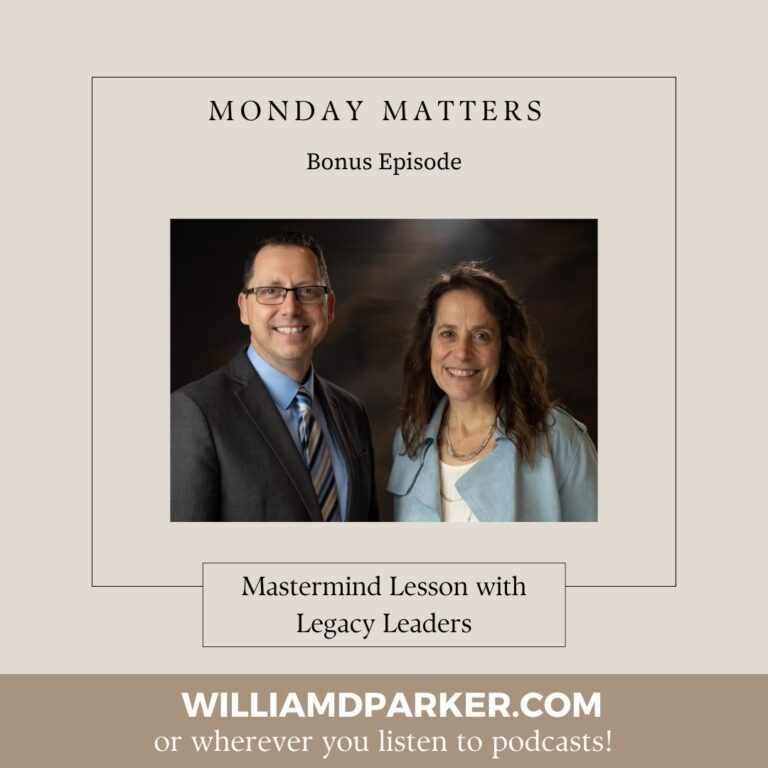One of my favorite books to recommend to new teachers is Harry Wong’s First Days of School. In it, he outlines the essentials for establishing, organizing, and implementing good routines and procedures for students. I call it “teaching with both sides of your brain” or “teaching with one hand while managing with the other.”
Harry Wong likes to remind teachers of seven things students will want to know on the first day of school:
“Am I in the right room?
Where am I supposed to sit?
Who is the teacher as a person?
Will the teacher treat me as a human being?
What are the rules in this classroom?
What will I be doing this year?
How will I be graded?”
Learning to manage and instruct at the same time is key to a great classroom. It is also key to a strong education team, organization, or school.
Ten years ago, when I took my first position as an assistant principal, my superintendent at the time had also been a longtime veteran elementary teacher. When I asked her for advice on school leadership, her response was practical but very wise. She said, “Think of every setting–whether you are with children or adults–as a classroom.”
In other words, adults are no different than students when it comes to the need to know what to expect.
With that in mind, here are seven questions we should anticipate our teachers or staff will have before the first days of school:
- What is my schedule?
- What extra duties or assignments might I expect?
- Who is my supervisor or administrator as a person?
- Will he/she treat me as a human being?
- What are the expectations, procedures, policies in our school?
- What am I expected to accomplish this year?
- How will I be evaluated?
Whether it is in the classroom or school-wide, all of us thrive on routine. That is why we learn schedules, establish arriving/departing routines, create calendars in advance, provide observation/evaluation instruments in advance, and maintain and consistently support policies and procedures. Otherwise, the alternative is chaos. And chaos is not fertile ground for learning or teaching.
How do answer these questions for our teams? Just like we would for students:
Keep it simple. Use both sides of your brain. Instruct and manage. Run your school or organization like a good classroom. Ask yourself what are the qualities, routines, and preparation of your favorite and most effective teachers?
Then remember those same skills, routines, expectations, and preparation make strong school-wide climates too.
Conclusion
Just as we take children from different backgrounds and skill levels, and teach and guide them toward common goals and outcomes–the same can be true of every setting. Whether it is a board meeting, public speaking, faculty meetings, parent conferences, or first days of school, don’t forget the simple but wise advice that good leadership is simply good teaching.
Question: What are some ways you have learned to establish and communicate expectations within your organization, school or team?
Sign-Up For Free Weekly Updates
When you enter your email address here, you will automatically receive my newest posts. Let’s keep learning together!
Principal Matters–The Book!
School leaders are very busy, so each of the twenty-four chapters is designed as a quick-read and followed with take-action questions for follow-up or reflection. If you want practical ideas on understanding your purpose, managing school teams, dealing with challenges, and leading with courage, action, motivation, and teamwork, go HERE to pick up a copy for you or your team.


